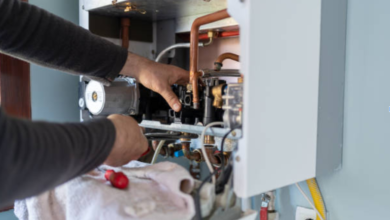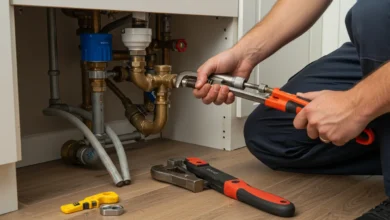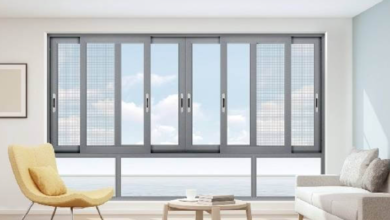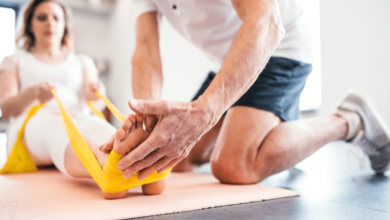The Durability and Longevity of Vinyl Replacement Windows
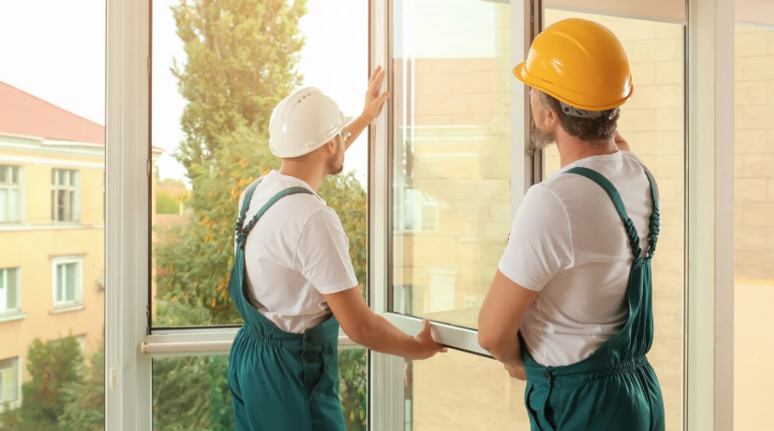
Vinyl windows have become a go-to choice for homeowners seeking a balance between resilience, energy performance, and minimal maintenance. When considering vinyl replacement windows in Houston, one of the first things to note is their ability to resist wear from moisture, sun, and temperature extremes, making them ideal for homes in demanding environments. Their structural integrity and long-term reliability continue to outperform older materials like wood and aluminum.
These windows are not only affordable to install but also cost-effective to maintain over time. Their non-porous surfaces, fade-resistant finishes, and high insulation ratings give them a long service life that delivers tangible value.
What Makes Vinyl Windows So Durable
Vinyl windows are made from polyvinyl chloride (PVC), a material engineered for stability, weather resistance, and thermal efficiency. Unlike wood, vinyl does not rot, warp, or require sealing. It also outperforms metal alternatives by avoiding corrosion and limiting heat conductivity.
Frame Strength and Environmental Resistance
The material’s molecular structure enables it to withstand high UV exposure without degrading or losing color. Many vinyl windows also include multi-chambered frames that add rigidity and resist air infiltration. This helps maintain structural integrity even under fluctuating temperatures or seasonal humidity.
Vinyl’s inherent resistance to swelling, pitting, and flaking ensures the frame will hold its shape and finish for decades, reducing the risk of premature failure or costly repairs.
Energy Performance Over Time
Vinyl windows also contribute significantly to long-term energy savings. Their design supports enhanced insulation, especially when paired with double- or triple-pane glass, inert gas fills, and low-emissivity coatings.
Supporting Energy-Efficient Homes
As a window material, vinyl offers one of the best balances between affordability and thermal performance. Its insulating value helps reduce heating and cooling costs throughout the year. That advantage is especially valuable in regions that experience extreme seasonal changes.
These benefits are well-documented in insights that focus on unlocking the potential of vinyl windows for energy-efficient homes, where long-term energy reductions are linked directly to material choice and sealing precision.
Maintenance and Lifespan Expectations
Vinyl windows typically require little more than routine cleaning to maintain their appearance and performance. This low-maintenance advantage is a key reason for their widespread adoption among both builders and renovators.
How to Maximize Window Longevity
To get the most out of vinyl windows, homeowners should occasionally inspect weather stripping, seals, and tracks for buildup or wear. Cleaning the frame with a soft cloth and mild soap preserves its finish without the need for harsh chemicals or tools.
Simple routines like these help extend service life, as outlined in this guide to cleaning and maintaining your replacement vinyl window, which highlights how small efforts prevent performance decline over time. When properly cared for, vinyl windows can remain effective for 20 to 40 years, often outlasting other frame materials.
Conclusion
Vinyl replacement windows offer a powerful combination of longevity, insulation, and minimal upkeep. Their resistance to environmental stress, paired with energy-saving potential, makes them a practical investment for any home. With regular maintenance and proper installation, vinyl windows continue to perform reliably for decades, delivering comfort, efficiency, and peace of mind well into the future.
In addition to their performance, these windows maintain their appearance with little effort, making them ideal for homeowners who want lasting value without ongoing upkeep. When durability and long-term savings are priorities, vinyl remains one of the most dependable choices available.


